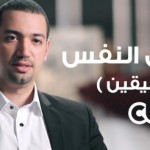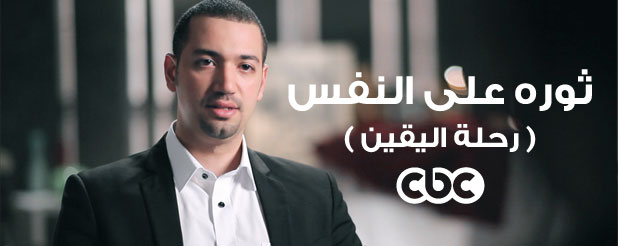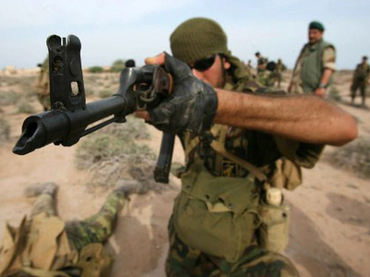 Ramadan is the month of extravagant productions and TV channels don’t stop at producing and buying mosalsalat – soap operas – that show the biggest potential for success. It is the season of the small screen and talk shows are as much a part of it as the soaps are.
Ramadan is the month of extravagant productions and TV channels don’t stop at producing and buying mosalsalat – soap operas – that show the biggest potential for success. It is the season of the small screen and talk shows are as much a part of it as the soaps are.
Early in the year, TV producers start hunting for a new theme, a new title and a new setting that will hopefully garner the largest audience for their package of Ramadan shows. For years my hopes of seeing someone different being interviewed during Ramadan were dashed as the presenters and their guests were sadly the same as many previous years.
The uprising of 2011 did bring about a few new stars in the world of Ramadan talk shows; the political figures. Key political members of parties, ex-presidential hopefuls, revolutionary figures and general opinion makers are among the must-have guests of the season for the second Ramadan now. Even the shows now have political themes as opposed to artistic or social hooks, as was the case in previous Ramadans.
Case in point is Zaman El Ikhwan – The Era of the Brotherhood – controversial anchor Tony Khalifa’s latest show. The show revolves around the hosts cornering guests into answering the question of whether or not they believe that Egypt is witnessing an “era of the Brotherhood”, now that Egypt’s president is a former member of the Muslim Brotherhood.
A different trend seen this Ramadan involves familiar actors, musicians and the like who have featured as guests in these talk shows for years, suddenly posing as political experts. It is hard to judge whether it is the anchors’ politics-oriented questions or the guests’ undying desire to voice their political opinions which ends up producing this – rather – disturbing phenomenon. But the results are the same; shocking, to say the least.
A good example is actress Hala Fakher, upon being shown a picture of president Morsy and requested to comment, saying “I don’t know him”, in journalist Magdy Al-Gallad’s show, La Tarago’ Wala Esteslam – No Retreat and No Surrender. Fakher then continued to wow the public with her political opinion by describing the people who voted for Morsy and brought him to power as “the people of soap, oil and sugar,” implying Morsy bought the peoples’ votes by bribing them with products.
Islamic preacher Moez Mas’oud, who appeals to many young Egyptians, has reversed this trend by using short sound bites of previously recorded interviews with some prominent political and media figures, where they get to explain their opinions on the aspects of Islam he is addressing that evening. Mas’oud seems to have carefully picked the sound bites in a way that perfectly aligns with his scientific explanations. This adds weight to his already novel show Thawra Ala al Nafs – Revolution within the soul part II – making it perhaps one of the best religious TV shows produced this year.
And then anchors like Samar Yosry remind us that politics and religion are not the only two subjects that should be discussed on a TV show during Ramadan. Appearing on channel Al Qahera Wal Nas –Ramadan’s Boldest TV Channel according to its slogan – Yosry’s hosts men only on Samar Wal Regal – Samar and Men. Yosry seems set to purposefully embarrass her guests with unconventional and discomfiting questions, like getting TV anchor admitting to having been sexually harassed by women three to four times in the past.
All in all, the talk shows this Ramadan are neither more nor less impressive than in previous years; they are just another part of the mostly boring and sensationalist Ramadan TV extravaganzas.



